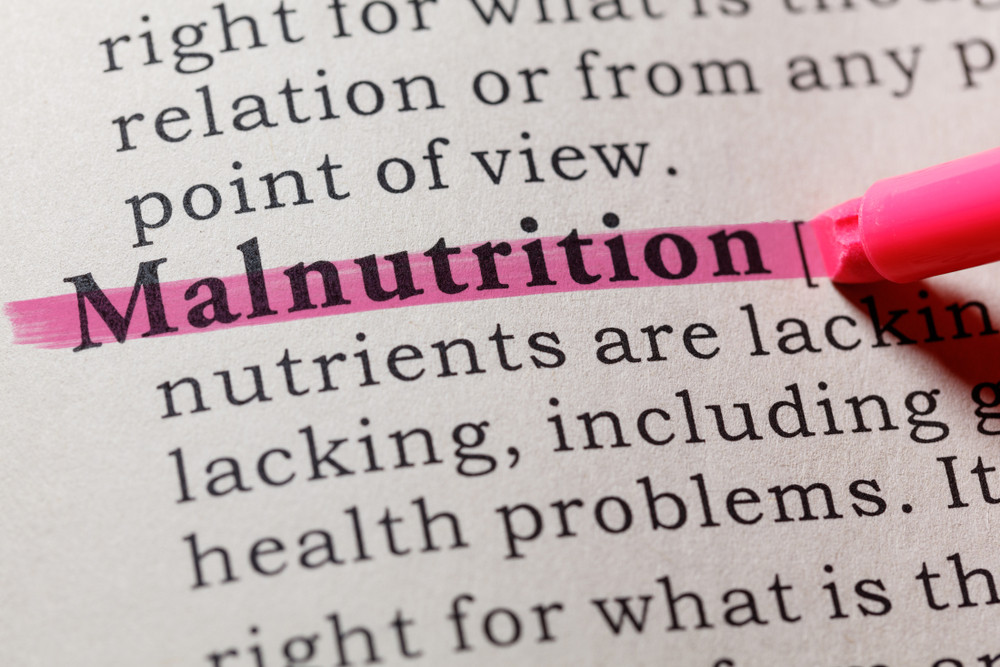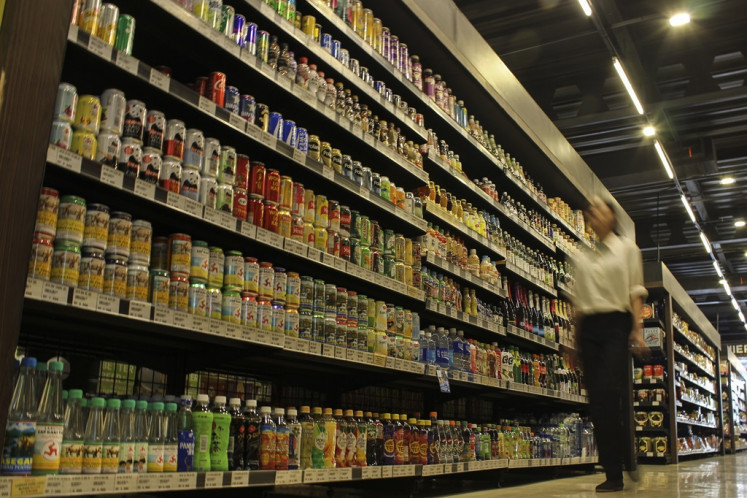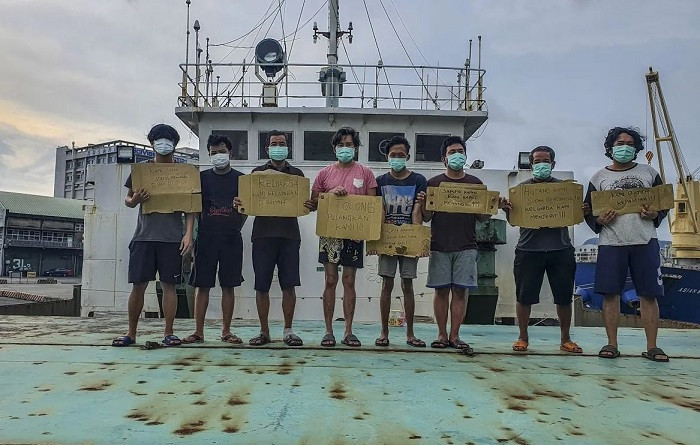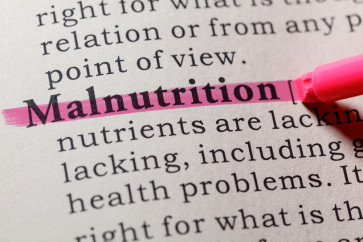Popular Reads
Top Results
Can't find what you're looking for?
View all search resultsPopular Reads
Top Results
Can't find what you're looking for?
View all search resultsIndonesia and G20: The opportunity to address food, nutrition and climate
Indonesia is a leader in safety net design, including shock responsive safety nets, and now is the time to show the rest of the world how safety nets can also be catalysts for food system transformation and resilience.
Change text size
Gift Premium Articles
to Anyone

On a recent stopover in Indonesia, Mari Pangestu, managing director of the World Bank, shared some hard facts facing the world. The pandemic had a two-track impact last year: Developed countries achieved pre-pandemic growth rates in 2021, while most developing nations did not. Around 100 million people live in extreme poverty today, while a shocking disparity in vaccination rates persists, as well as major impacts on human capital — from the lack of effective access to online education and health services.
The emerging variant is causing further uncertainty, prolonging the economic impact of the pandemic and possibly affecting overall global growth for years to come. While business-as-usual is no longer a choice when addressing climate and sustainability, the world also needs to ready itself for future pandemics.
Taking charge of the Group of 20 presidency this month, Indonesia has the chance to be a leading light on the world stage when it comes to the vital and interlocking issues of climate, health, nutrition, rural development, forests, nature and land use. All these issues revolve around the choices made by Indonesia and the world as to how food is produced, processed, distributed and consumed.
The G20 presidency of Indonesia has already set out some of the key elements of its plans on climate, the environment and agriculture in a series of position papers. These include a welcome focus on the need for climate action with international support for the just transition and the need to ensure greater food system resilience in the face of a changing climate.
The Indonesian presidency has also made an important case for more intense global action to address food insecurity, noting the negative impacts and long-lasting scarring effects that COVID-19 and the subsequent economic downturns have had on hunger and malnutrition worldwide.
Decisive domestic action is always a powerful way of displaying global leadership, and in 2022, Indonesia has the opportunity to show the world how to make significant progress in these areas. Recent reports (including World Food Program, 2021; World Bank, 2021; Agustina et al 2019) have shown Indonesia’s substantial progress over the last decade in reducing poverty and improving health indicators.
However, the COVID-19 pandemic is turning back the clock. We speak of the lost decade of growth for most emerging nations, and Indonesia faces serious challenges in food security and nutrition, with persistent regional disparities in the availability and affordability of nutritious foods (WFP, 2021). This makes it harder than ever to address the triple burden of malnutrition, leading to persistent and high child stunting and wasting rates, to high micronutrient deficiencies in the wider population and rapidly increasing obesity.



















